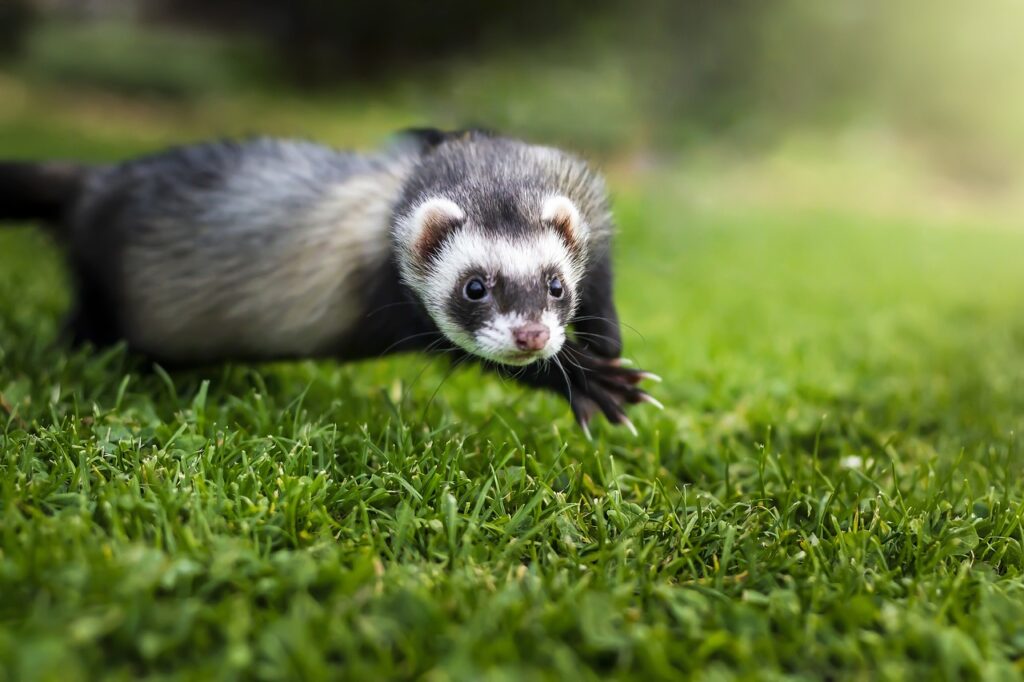Can Ferrets Eat Cheese? — Exploring the Safety and Benefits
Ferrets, with their curious nature and unique dietary requirements, often leave their owners with questions about what is safe for them to consume. One common query that arises is whether cheese can be a part of a ferret’s diet. In this article, we will delve into the suitability of cheese for ferrets, considering their specific needs and offering insights into the benefits and potential precautions associated with this popular dairy product.
The Benefits of Cheese for Ferrets
Cheese, in moderation, can offer several advantages and health boosts to ferrets. While it should not be a staple food, the occasional small portion can serve as a treat.
1. Source of Protein and Fat
Cheese is a good source of protein and fats, which are essential for ferrets’ overall health. These nutrients support their energy levels, help in maintaining a healthy coat, and contribute to the proper functioning of their organs.
2. Calcium Content
Cheeses such as cheddar and mozzarella contain calcium, which is vital for maintaining strong bones and teeth. However, it is crucial to remember that ferrets have specific dietary requirements, and their calcium needs should be balanced with other nutrients to prevent health issues like urinary problems.
Frequency and Quantity Recommendations for Ferrets
When it comes to feeding ferrets cheese, moderation is key. It should only be given as an occasional treat and not as a regular part of their diet. A small piece the size of a pinky fingernail once or twice a month should suffice. Overfeeding cheese can lead to obesity and digestive issues in ferrets.
Potential Cautions When Feeding Cheese to Ferrets
While cheese can be consumed by ferrets, certain precautions need to be taken.
1. Lactose Intolerance
Ferrets, like many other mammals, can be lactose intolerant. Lactose is the sugar found in milk, including cheese. Some ferrets may experience digestive upset and diarrhea if they consume cheese or dairy products in large quantities. It is essential to monitor their reaction and adjust their diet accordingly.
2. High Fat Content
Cheese can be high in fat, and excessive consumption can lead to weight gain and related health issues in ferrets. It is crucial to provide a balanced and varied diet to ensure their overall well-being.
Can Other Pets Enjoy Cheese Safely?
While it is generally safe for ferrets to have cheese in moderation, it is important to note that not all pets can tolerate this dairy product. Cats and dogs, for example, can digest cheese more easily than ferrets due to their different physiological systems. However, caution should be exercised, and cheese should only be given to them occasionally and in small amounts to prevent adverse reactions.
Conclusion
In conclusion, ferrets can enjoy cheese as an occasional treat, but it should not be a regular part of their diet. The protein, fat, and calcium content in cheese can offer some benefits, but it is crucial to prioritize a balanced and appropriate diet for these unique pets. It is always recommended to consult with a veterinarian for specific dietary guidelines tailored to your ferret’s individual needs. Remember, responsible feeding is key to ensuring the overall health and well-being of our furry friends.






